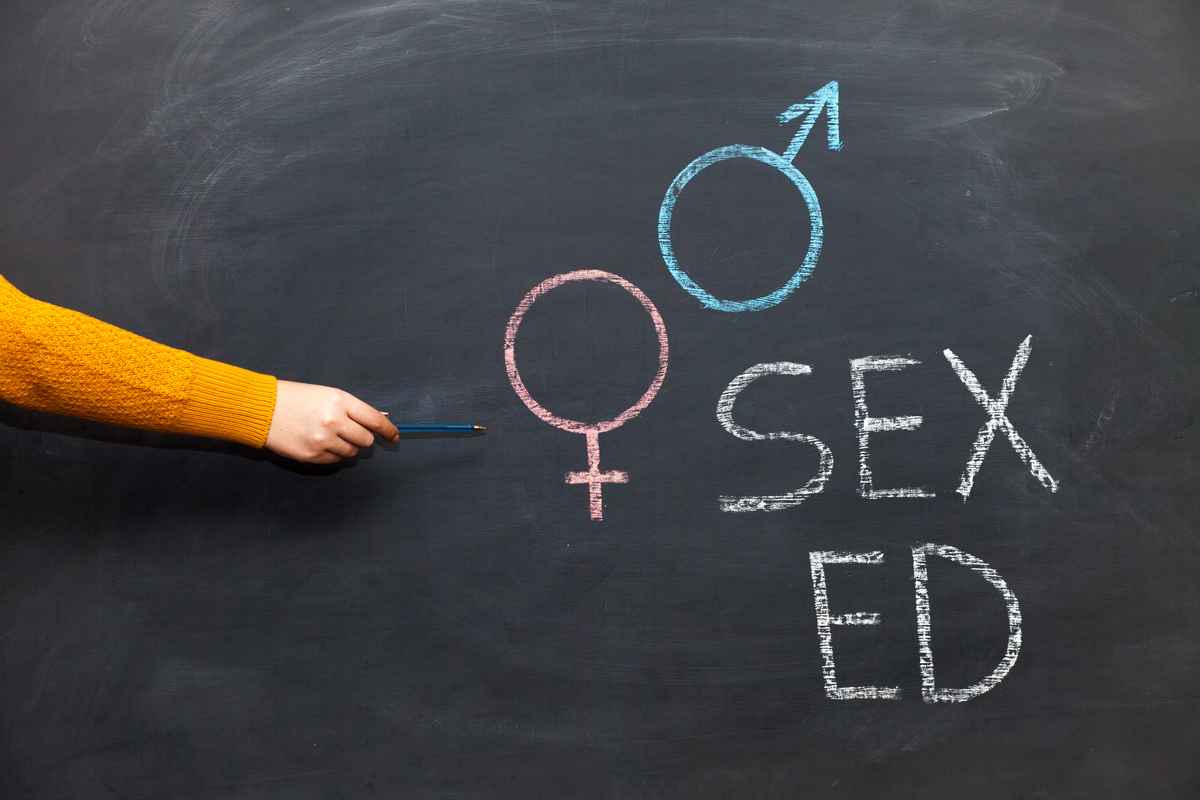Canadian Pride
Your go-to source for LGBTQ+ news, events, and community stories from coast to coast.
Workplace Inclusion for the 2SLGBTQI Community
Inclusion is about more than just ticking boxes – it’s about building a workplace where every person feels they belong. When 2SLGBTQI individuals are supported, they can bring their authentic selves to work, leading to increased creativity, collaboration, and overall job satisfaction.

Join Our Free Webinars
We at Canadian Pride, your go-to website for LGBTQ+ events, news, and resources across the country, are excited to announce a free upcoming webinar! This engaging event is perfect for those looking to stay connected with the community and get involved with LGBTQ+ initiatives in Canada. During the 90-minute session, we will focus on three important topics aimed at celebrating diversity, promoting inclusion, and supporting LGBTQ+ causes. LearnFrom Our Resources

Breaking Barriers: How LGBTQ+ Advocates Are Reshaping Canada’s Cannabis Industry
The intersection of LGBTQ+ advocacy and cannabis reform in Canada tells a powerful story of resilience, justice, and community empowerment. From the pioneering activists who fought for medical cannabis access during the AIDS crisis to today’s BudPop THCp gummies entrepreneurs reshaping the industry landscape, LGBTQ+ Canadians have been instrumental in challenging stigma and championing accessible, safe cannabis use. This legacy of advocacy helped pave the way for Canada’s historic 2018 legalization, while continuing to push for greater industry representation and equity. Today, …

An Educator’s Guide to Sex Ed Concerns
Sex education can be a sensitive topic for both teachers and students, but it’s an essential part of helping young people understand their bodies, relationships, and personal boundaries.
As educators, it’s important to navigate these concerns with care, ensuring that students receive accurate and appropriate information in a respectful and supportive environment.
This guide addresses some of the common concerns educators face when teaching sex education and offers tips on how to handle them effectively.
Addressing Cultural and Personal Beliefs
One of the primary …

Your Guide to Fashion Hacking
Fashion hacking is all about customizing, repurposing, and personalizing clothing and accessories to create a style that’s truly your own. It’s a fun and creative way to stand out without spending a fortune on new clothes.
Whether you’re on a budget or just want to express your individuality, fashion hacking is a great way to experiment with your wardrobe and add a personal touch to your outfits.
Let’s dive into how you can start hacking your fashion and making your wardrobe work for you.
What is Fashion Hacking?
Fashion hacking is the process of …

Employee Exit Interviews to Ask Your Former Employees
When an employee decides to leave a company, it’s a pivotal moment for both the organization and the individual. While parting ways can be challenging, it also provides a unique opportunity for employers to gather valuable feedback.
This is where the employee exit interview comes into play. Exit interviews are conversations held with departing employees to understand their reasons for leaving and gain insights into the employee experience.
If done correctly, these interviews can offer actionable information that can help improve workplace culture, employee retention, and overall company performance.
…

Exploring LGBTQ+ Vaping Culture in Canada: A Safe Space Amidst the Clouds
Celebrate vibrant LGBTQ+ vaping culture in Canada by exploring local queer-friendly vape shops, where inclusivity takes center stage. Discover the diverse flavors that reflect the community’s uniqueness, like the best vape juice that pairs perfectly with your individuality. Join online forums and social media groups tailored to LGBTQ+ vapers to share experiences and safety tips, fostering a sense of belonging. Participate in Pride events where vaping is embraced, offering a platform for unity and expression, reinforcing the powerful synergy between vape culture and…
